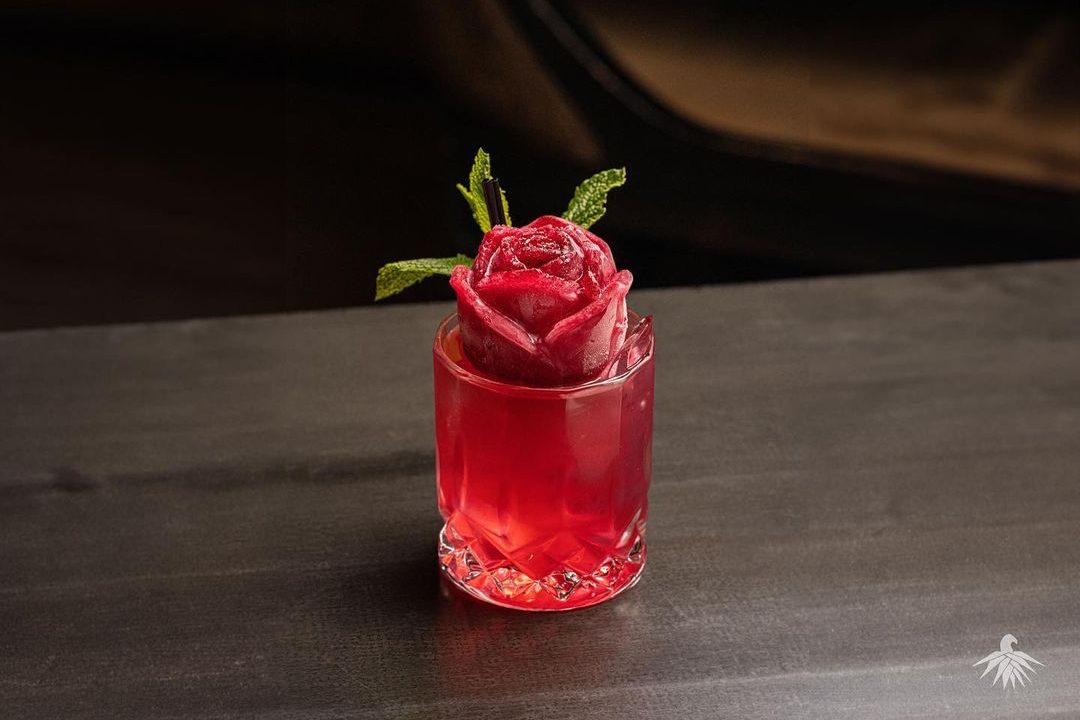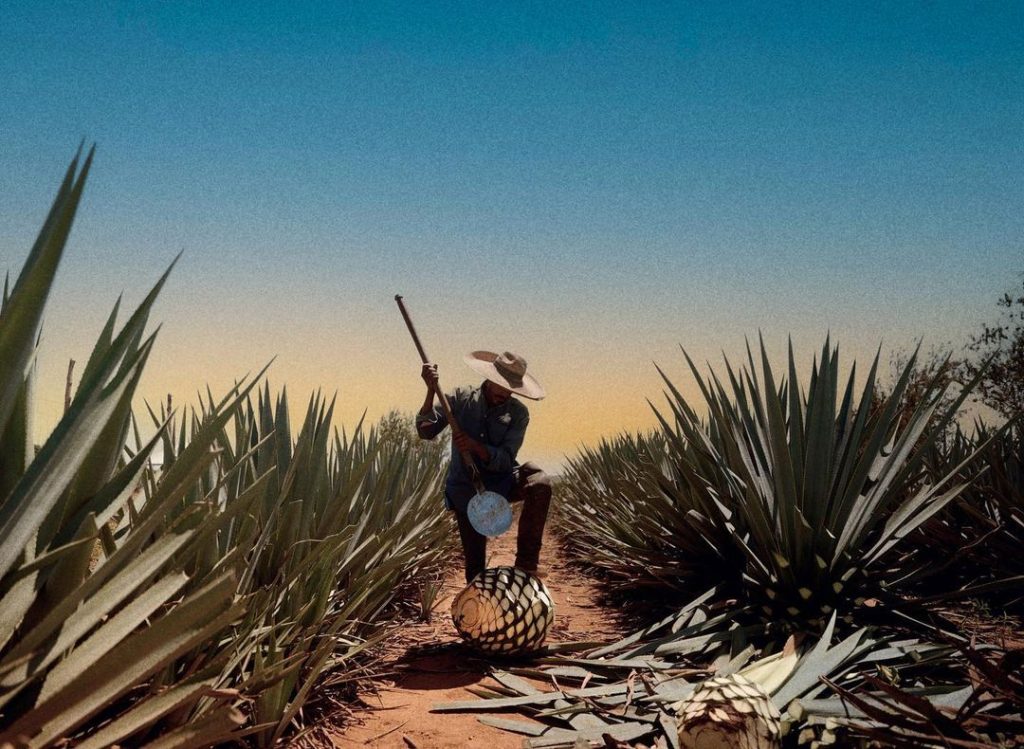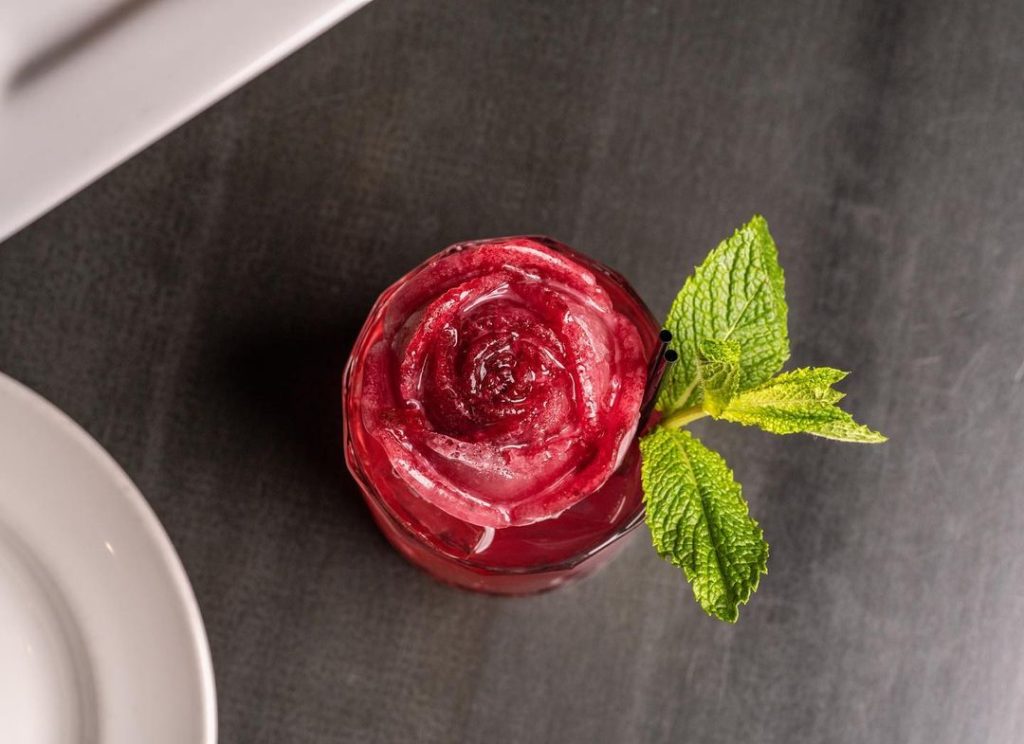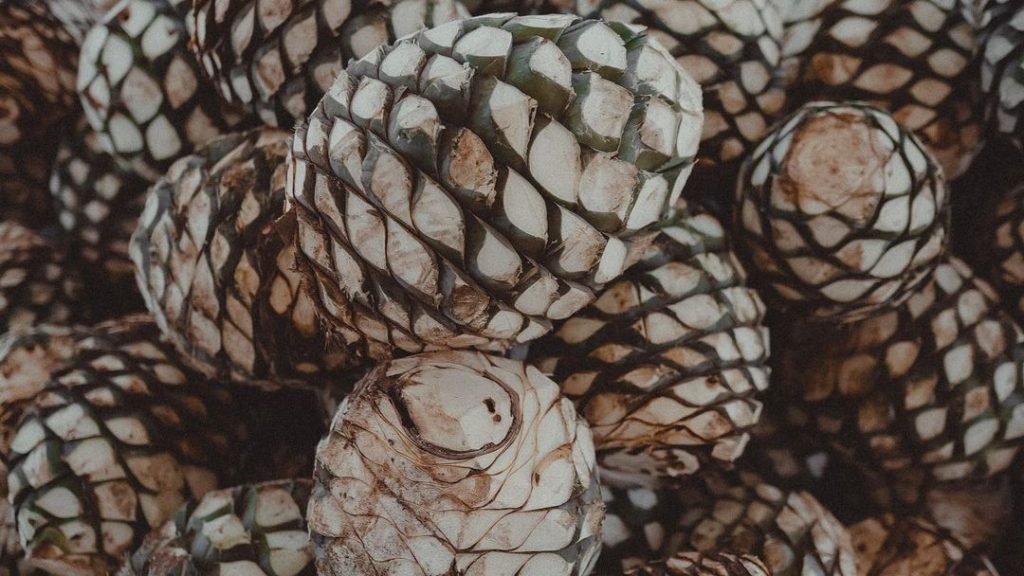The roots of tequila delve deep into the rich culture of Mexico, intertwining with traditions, celebrations, and folklore that have shaped the Mexican identity. What makes this drink unique, and where does the heart of Mexican tequila beat?

Historical Roots
The story begins in Mexico, specifically the Jalisco region, where the blue agave grows. Indigenous people, long before the Spanish arrived, cultivated and fermented agave juice, known as pulque. This early spirit played a significant role in religious ceremonies, often associated with the Aztec goddess Mayahuel, the deity of the maguey plant. With the arrival of Spanish conquistadors, who began distilling fermented agave spirit, the face of pulque changed, laying the foundations for the iconic alcohol celebrated today.
Pride
Authentic tequila, designated as a Protected Designation of Origin product, can only be produced in specific regions of Mexico. The first agave-based alcohol factory opened in 1600, initially called mezcal and made from various agave species. It was only in the late 19th century that it became known as tequila. Today, this type of alcohol can only be produced in the province of Jalisco, emphasizing its connection with the country’s terroir.

Tradition and Craftsmanship
The original Mexican drink, renowned worldwide, is largely the work of local craftsmen. The traditional method involves harvesting the agave plant, extracting its heart, and fermenting the juice. This labor-intensive process pays homage to the agricultural practices of ancient civilizations. The slow ripening of the agave plant, sometimes taking up to ten years, adds a layer of cultural patience to the production.
Celebrations and Rituals
Tequila is an integral part of Mexican culture, enhancing joy and camaraderie during gatherings. It’s not just a drink; it has played a role as a catalyst for connection and community for centuries.
In Mexican folklore, tequila plays a role in the annual celebration of Dia de los Muertos (Day of the Dead). Families honor their ancestors by setting up ofrendas (altars) decorated with tequila and other offerings. This celebration is believed to help spirits pass between worlds.


Additionally, tequila has inspired countless works of art and literature, becoming the fluid muse of Mexican artists and writers. Its cultural significance is woven into poems, songs, and visual art. It captures the essence of Mexico’s soul.
Tequila is a symbol of Mexican identity and national pride. It deeply integrates into Mexican culture, participating in traditional celebrations and everyday life. Beyond the drink in the bottle, it embodies centuries of tradition, craftsmanship, and the celebration of life, connecting the past with the present.
So when you propose a toast, remember that tequila is more than just a drink; it is a symbol of Mexican pride and identity.
https://www.learnreligions.com/aztec-legend-agave-and-tequila-760162
https://en.wikipedia.org/wiki/Tequila
image source: https://www.instagram.com/avetequila/?next=%2Firkozz%2F&hl









